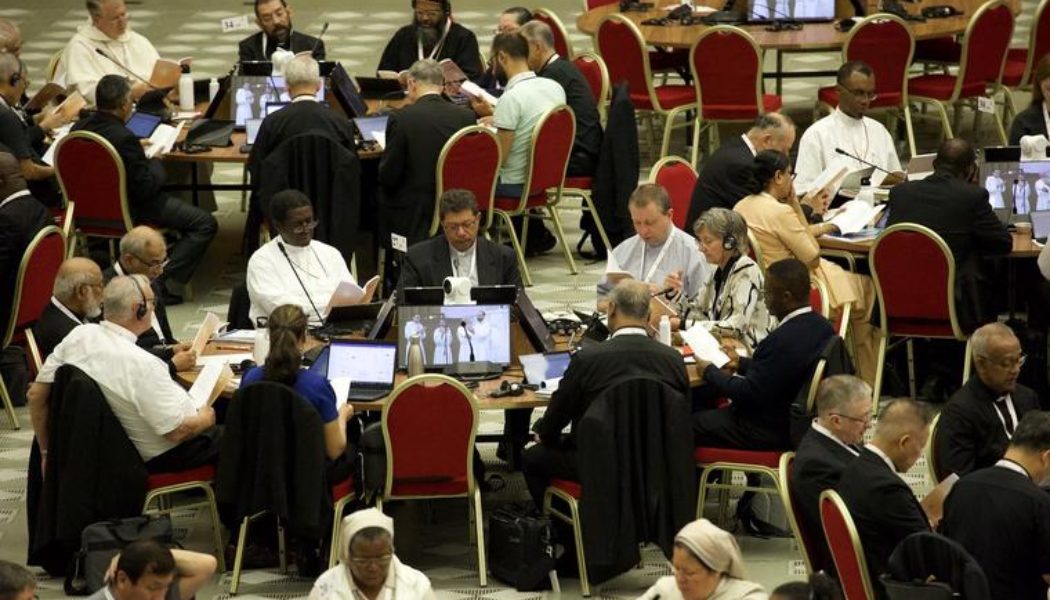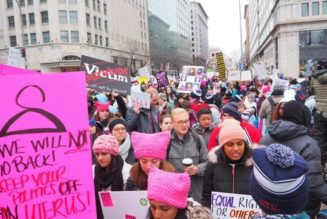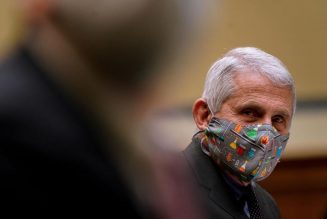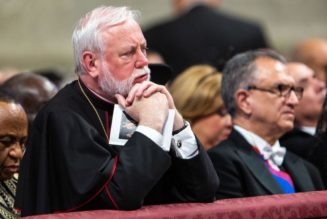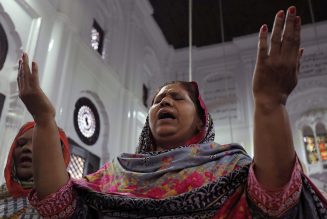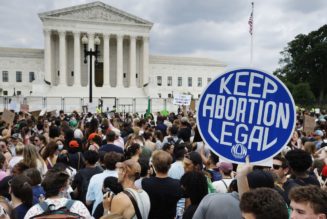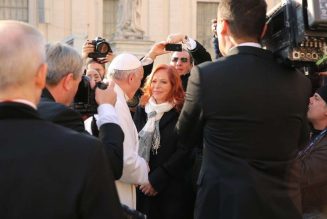
VATICAN CITY — A laywoman received loud applause this week at the Synod on Synodality for a speech that characterized some members’ push for women’s ordination as an attempt to clericalize the laity, several sources have confirmed.
Given in response to multiple small-group reports calling for women’s ordination not only to the diaconate, but in some cases also to the priesthood, the laywoman’s Oct. 16 morning address to the assembly also argued that a focus on women’s ordination is a distraction from what women in the Church want and need.
The Register spoke with two synod members who were present in Paul VI Hall at the time of the speech, and a third source confirmed their account. The participants spoke on a condition of anonymity given the event’s restrictive confidentiality rules.
In addition to criticizing calls for women’s ordination, the three-minute speech — or “intervention,” in the parlance of the Synod on Synodality — underscored the importance of motherhood, both biological and spiritual, for understanding what it means to be a woman from a Catholic perspective, drawing on the importance of Mary, the Mother of God, as the paradigm of womanhood.
Notably, the instrumentum laboris, or guiding document of the Synod, includes 45 references to women, but only mentions “mother” twice, both times only in the context of intercessory prayers to the Blessed Virgin Mary.
Impact on the Synod
One participant described the speech as “profound and real,” and contrasted it with a presentation from a proponent of women’s ordination that was described as “militant.” Following the laywoman’s speech, the source saw “people smiling … joy on lots of people’s faces, maybe relief on some others.”
The synod members who spoke with the Register said that the intervention received loud applause from some of the 365 members of the Synod, which is now entering its third week of proceedings.
The unidentified laywoman who gave the speech, who is reportedly herself a mother, is one of 54 women voting in the Synod. In a first for the Synod of Bishops, significant numbers of women and other non-bishops are participating fully in the proceedings, accounting for 27% of the Synod assembly.
The development took place during the synod’s discussion on the theme of how the Catholic Church can be an “all ministerial” missionary Church, a theme that did not include a specific prompt related to the question of women’s ordination. While some table reports spoke of the importance of mothers and grandmothers in passing on the faith, sources said, others advocated for the ordination of women to the diaconate and priesthood.
But the laywoman’s morning intervention also influenced discussions later in the day.
According to one synod member, several participants who were assigned to focus on the specific theme of the role of women in the Church shared that the laywoman’s speech made an impact in their small group discussion. Those members had been assigned to specifically address a prompt asking, “Is it possible to envisage [the inclusion of women in the diaconate] and in what way?” and finalized their table reports in the afternoon.
Women’s Ordination a Focal Point
The laywoman’s speech underscores how significant discussions about the possibility of women’s ordination have become at the Synod on Synodality, despite both organizers’ insistence that the assembly’s focus would not be on doctrine and also the Church’s clear and settled teaching on the subject.
In his Oct. 4 speech opening up the Synod on Synodality, Pope Francis suggested that a focus on issues like women’s ordination was more a matter of media speculation than a focal point for the assembly.
“I don’t know; those are things they are saying out there,” the Pope said at the time.
But even before the synod began, some participants stated their intention to advance the issue during the monthlong assembly.
San Diego Cardinal Robert McElroy, for instance, wrote in January that the Church should use the synod to “move toward admitting women to the diaconate,” an outcome that the Swiss laywoman Helena Jeppesen-Spuhler supported and described as a “stepping stone” toward women priests.
Multiple synod members have attempted to publicly downplay how significant internal discussions on women’s ordination have been. On Saturday, for instance, Cistercian abbot general Mauro-Giuseppe Lepori told the press that while participants were discussing the admittance of women to the diaconate, it was not a central focus, and that the topic of women priests had not come up.
However, on Tuesday, Australian theologian Renee Köhler-Ryan said at a press briefing that there was “too much emphasis” on women priests during synod proceedings, which she described as a “niche issue.” Köhler-Ryan also suggested that discussions on the topic of women’s ordination lacked sufficient “theological consideration” and grounding in what the Church has already taught on the matter.
Other synod members who have spoken to the press during the proceedings have highlighted how the Synod on Synodality could lead to major changes in the Church regarding the role of women.
Speaking to the National Catholic Reporter during a podcast interview, Bishop Shane Mackinlay of Sandhurst, Australia, said that “the question of the ordination of women is clearly something that needs to be addressed universally.”
“And if it were to be that the outcome was for the ordination to the diaconate to be open to women, I’d certainly welcome that,” said the Australian bishop, who is one of 13 people tasked with overseeing the drafting of the Oct. 4-29 assembly’s summary document.
Sister of St. Joseph Maria de los Dolores Palencia Gomez told the media on Friday that her becoming the first woman to preside over a Synod of Bishops as one of Pope Francis’ presidents-delegate was a symbol of things to come, and that the Synod was “setting the stage for future changes” on the role of women in the Church.
Church Teaching
Pope Francis has shown a willingness to break from precedent and place women in key leadership roles, including in the Roman Curia, as he did last week when he named a religious sister to serve as undersecretary of the Administration of the Patrimony of the Apostolic See.
But the Pope has also repeatedly affirmed that the Church cannot sacramentally ordain women.
In 2013, Pope Francis clarified that St. John Paul II’s 1994 apostolic letter Ordinatio Sacerdotalis, which taught that “the Church has no authority whatsoever to confer priestly ordination on women and that this judgement is to definitively held by all the Church’s faithful,” was the “last word” on the subject.
In a 2022 interview, Pope Francis again stated that women can “not enter ordained ministry,” but that this was not a “deprivation.” His July 11 response to five cardinals’ dubia, or requests for doctrinal clarification, likewise confirmed “no one can publicly contradict” John Paul II’s determination, though the subject could still be studied.
Pope Francis has also allowed for the question of women deacons to be explored in some contexts — such as two temporary commissions and at the 2019 Amazon Synod. But the first commission did not reach a consensus, while the findings of the second have not been made public.
And despite the Amazon Synod’s recommendation that women be considered for the permanent diaconate, the Pope’s February 2020 post-synodal apostolic exhortation, Querida Amazonia, called for women to be more involved in the life of the Church, but without indicating any possibility of their participation in ordained ministry.
